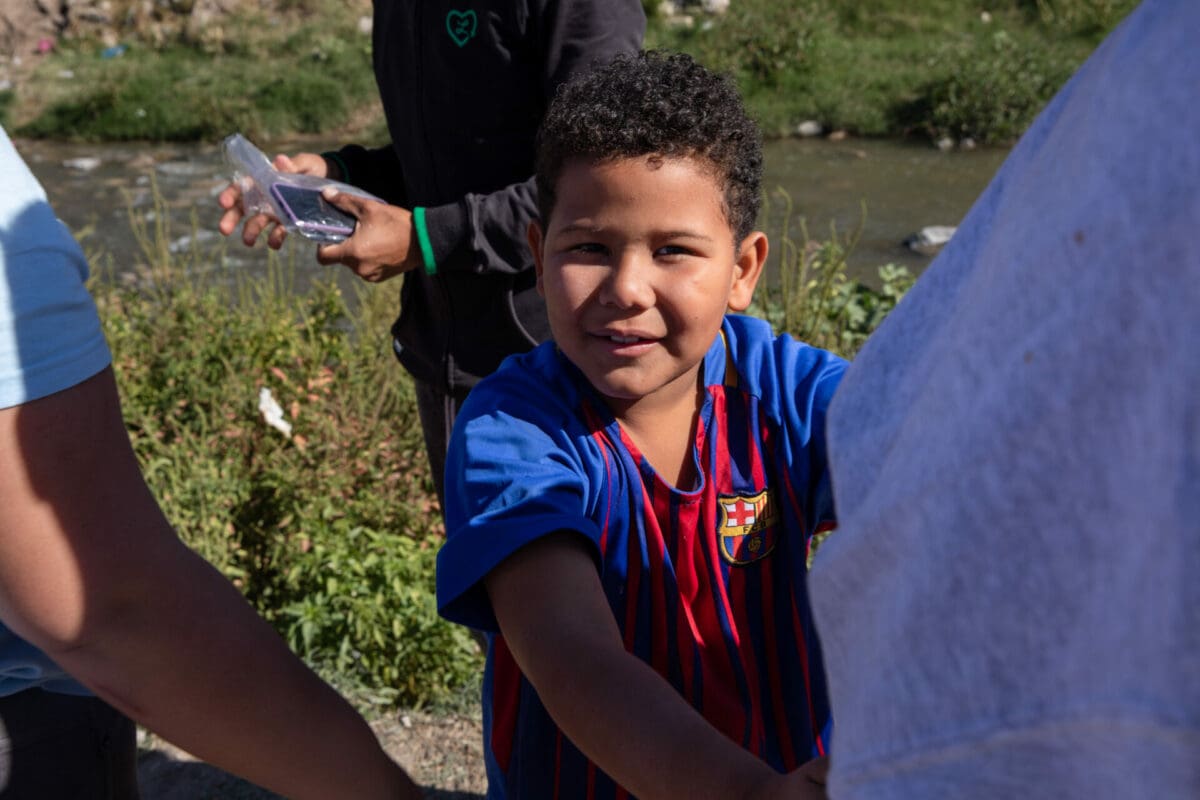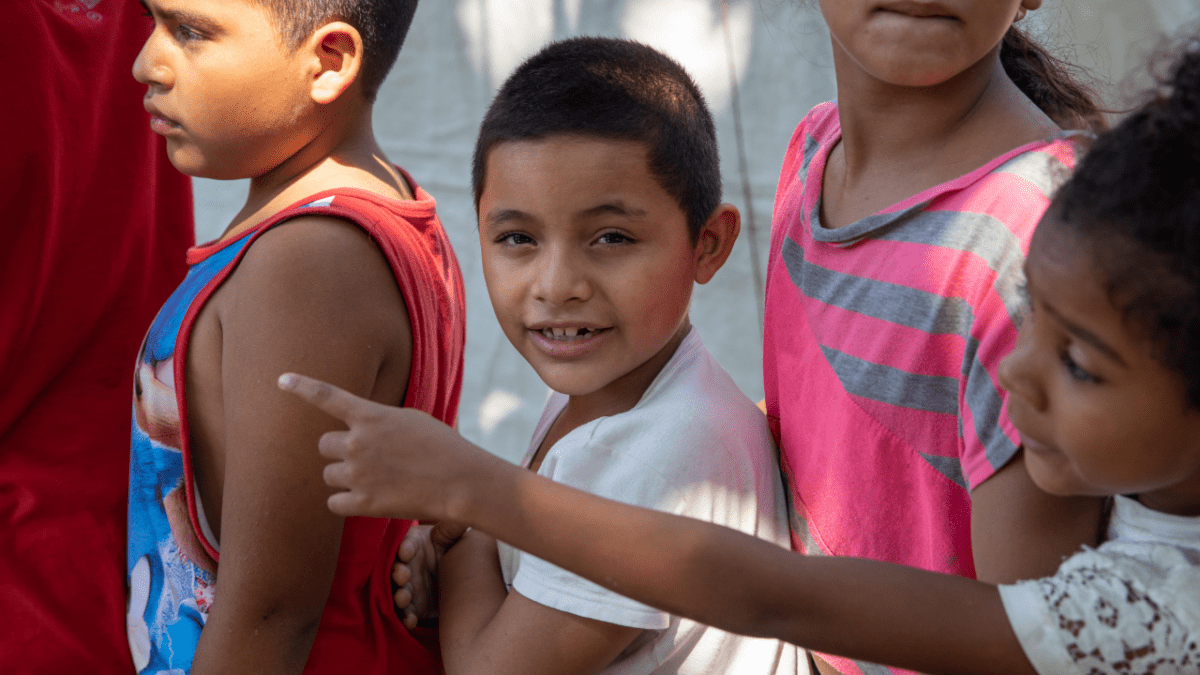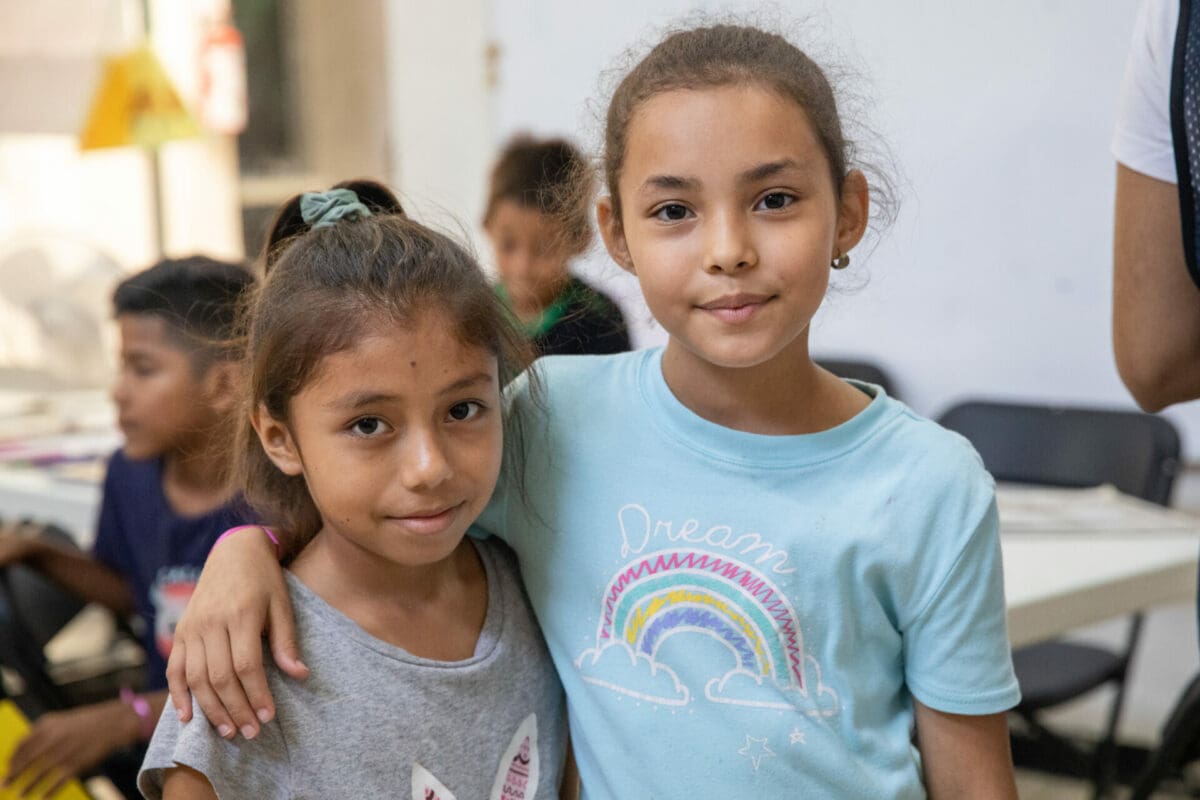This article is featured in the spring edition of our newsletter, The Defender.
In 2019, in response to the increasing number of unaccompanied children arriving in California, Governor Gavin Newsom redoubled the state’s commitment to immigrants and asylum seekers. In two budgets, he funded the California Department of Social Services (CDSS) to provide social services to unaccompanied children after their release from federal custody. This mandate became the Opportunities for Youth (OFY) initiative, launched in October 2020. CDSS planned and designed the pilot and project in collaboration with KIND as the technical assistance partner, Harder+Company Community Research, and Berkeley sociologist Dr. Stephanie Canizales.
Empowering Partners and Building Connections
The OFY initiative’s overarching goal was to create trauma-informed, culturally responsive programs to help unaccompanied children and youth successfully integrate into their new communities and into life with their families or sponsors. This collaborative became the Opportunities for Youth Interdisciplinary Partnership. Each partner has wide-ranging experience serving immigrant populations; KIND was chosen as the leading agency in the United States providing holistic legal representation and psychosocial support to unaccompanied immigrant and refugee children. With CDSS staff, the partnership supported and guided eight participating service providers, whose practice areas cover five areas in California.
Expertise and Flexibility in the Face of Challenges
The OFY partners faced challenges providing services during the span of the project—from contact restrictions and illness during the COVID-19 pandemic, to major floods and fires, to changing federal immigration policies that directly impacted the youth and their families. KIND built and adapted our assistance framework to enable partners to work and respond nimbly. In addition to providing training and capacity-building exercises, we tailored resources and support to the needs of the communities. We created an online portal, a knowledge base that enabled project partners to maintain continuity of operations and communications and helped them hire and acclimate new staff. Providers could access the portal resources at their own pace and based on their own technological comfort levels. KIND, CDSS, and Harder also organized forums for providers to share feedback, receive advice and support, and discuss promising practices.
Early Successes, Future Promise
Adapting services to the experiences and needs of unaccompanied youth has shown promise. With the support of the collaborative network, providers found and shared new ways to connect youth to essential resources like legal representation, physical and mental health care, and school enrollment. Because OFY extends eligibility for post-release services to youth older than 18, the initiative educated multiple school districts about the unique needs of youth between the ages of 18 and 21. Among other successes, this led to supporting students who need to work during school hours by connecting them with adult schools for evening classes; some students were able to return to school and work toward their high school diploma. KIND’s policy team played a key role in advocating for and securing refunding for the program. Governor Newsom funded OFY for another three years in the 2023–2024 budget.
In a 2023 article in CalMatters magazine, Dr. Stephanie Canizales stated, “OFY agencies are uniquely able to serve the unaccompanied minors who are hardest to reach: tender-aged children, teen parents and youth workers. OFY also offers support to unaccompanied young people until the age of 21, three years later than services offered by the federal government.”



